Irreversible course
For years, the world of sport has been mired in heated debates about gender identity. Cases of athletes with developmental differences or transgenderism have been controversial, particularly in athletics, where hormonal differences can provide a major advantage.
Prior to 2023, World Athletics (WA) applied a testosterone threshold to classify athletes eligible to compete in women's events in some competitions. In March 2023, WA expanded the regulations to all events, and at the same time, it did not allow transgender female athletes who had gone through male puberty to compete internationally.

The next milestone will come on September 1, 2025, when WA will introduce a regulation requiring all female athletes participating in world-ranked events to undergo an SRY gene test. This test, which is performed once in a career, is designed to determine the presence of the Y gene, a key factor in male sexual development. If the SRY test is positive, the athlete will not be allowed to compete in the female category unless they pass a detailed medical assessment process as prescribed.
The new regulation is considered a step forward to help standardize and make transparent the issue of gender identification, reduce controversy, and at the same time demonstrate the increasingly strict trend in international sports. According to the World Athletics Federation, this is a necessary step to protect the attractiveness and fairness of women's sports.
Not only athletics, many other sports such as swimming, cycling, rugby, boxing... have also applied strict regulations related to gender. Since 2021, the International Olympic Committee (IOC) has given each international sports federation the authority to issue details, on the principle of ensuring fairness and respect for human rights .
Volleyball has not yet had strict regulations like athletics, but the recent incident of the Vietnam U21 women's volleyball team shows that this is no longer a distant problem. The Vietnam U21 women's volleyball team did not have the results of most of the group stage matches of the U21 World Championship recognized and the specific reason for this has not been announced by the World Volleyball Federation. However, those who understand the story also believe that this is a sensitive, humane reason, so the World Volleyball Federation will not announce it to the public.
Then came the decision of striker Bich Tuyen to withdraw from the national team, along with her concerns about the regulations related to athlete status of the World Volleyball Federation. Although the reason given was personal, this event once again made the public pay attention to the sensitivity of gender issues in sports. Bich Tuyen's absence from the 2025 world championship made fans regretful, but at the same time emphasized the need to carefully prepare in terms of international regulations to avoid unwanted incidents.
In the future, when the International Volleyball Federation (FIVB) considers updating the regulations, teams will certainly have to prepare more carefully.
Will it affect Vietnamese sports?
In this context, the preparation of Vietnamese sports has become more urgent. Recently, a number of key athletes in athletics have undergone genetic testing to prepare for upcoming international competitions. This is considered a proactive step to ensure that athletes do not encounter problems at the last minute.
Meanwhile, some other teams are also preparing for the requirements of the World Federations of those sports related to determining the gender of athletes. Thereby, determining with certainty whether the athletes can compete in the women's event or not.
And in the long run, this will have a strong impact on athlete selection. Previously, due to the high cost of testing, local selectors often chose female athletes based on their feelings. Now, when the World Federation of Sports has increasingly clear regulations related to gender, determining gender right from the selection stage is mandatory. Of course, this is also quite expensive if applied to all selected athletes. Currently, it costs about 1.2 million VND/test sample. This price is much cheaper than about 20 years ago. At that time, in athletics, when doing a gender test for an athlete, it cost about 20 million VND.
Sports doctor Pham Manh Hung, who has spent decades working with national teams, especially martial arts, analyzed: “Investing in gender identification in selection is necessary, not only to comply with international regulations but also to protect the athletes themselves. If disputes arise during the tournament, both the athletes’ careers and the team’s reputation will be affected. We need to change our mindset, from focusing only on achievements to building a standardized selection system, including medical and genetic testing.”
According to Mr. Hung, the cost of testing is not too large compared to the total investment in training, but it is of key importance, helping to screen early, ensuring fairness and avoiding mental damage to athletes. He emphasized: "The selection system must be professional, transparent and accompanied by medical and psychological support". Right now, the role of the Doping and Sports Medicine Center needs to be promoted even more.
According to experts, to adapt, the Vietnamese sports industry needs to standardize testing procedures, including introducing SRY tests and other medical tests into the selection system, at least for athletes preparing to compete in international competitions. In addition, it is necessary to do a good job of data security because genetic information is a sensitive issue, requiring a strict process to avoid leaks and affecting the athletes' privacy. At the same time, build a team of consulting experts to accompany athletes in special cases.
Determining the gender of athletes is a complex and sensitive issue but cannot be avoided. With the increasingly strict international trend, Vietnamese sports are forced to change their selection thinking and add modern medical steps to accompany athletes. Proactive adaptation is the best way for Vietnamese sports to integrate, develop and protect the rights of athletes themselves.
Communication is important.
Another important factor emphasized by sports medicine experts is communication to help the public understand that tightening gender regulations is an international regulation, not a matter of discrimination or personal scrutiny.
Minh Khue
Source: https://cand.com.vn/the-thao/xac-dinh-gioi-tinh-thi-dau-tac-dong-den-the-thao-viet-nam-nhu-the-nao--i779577/



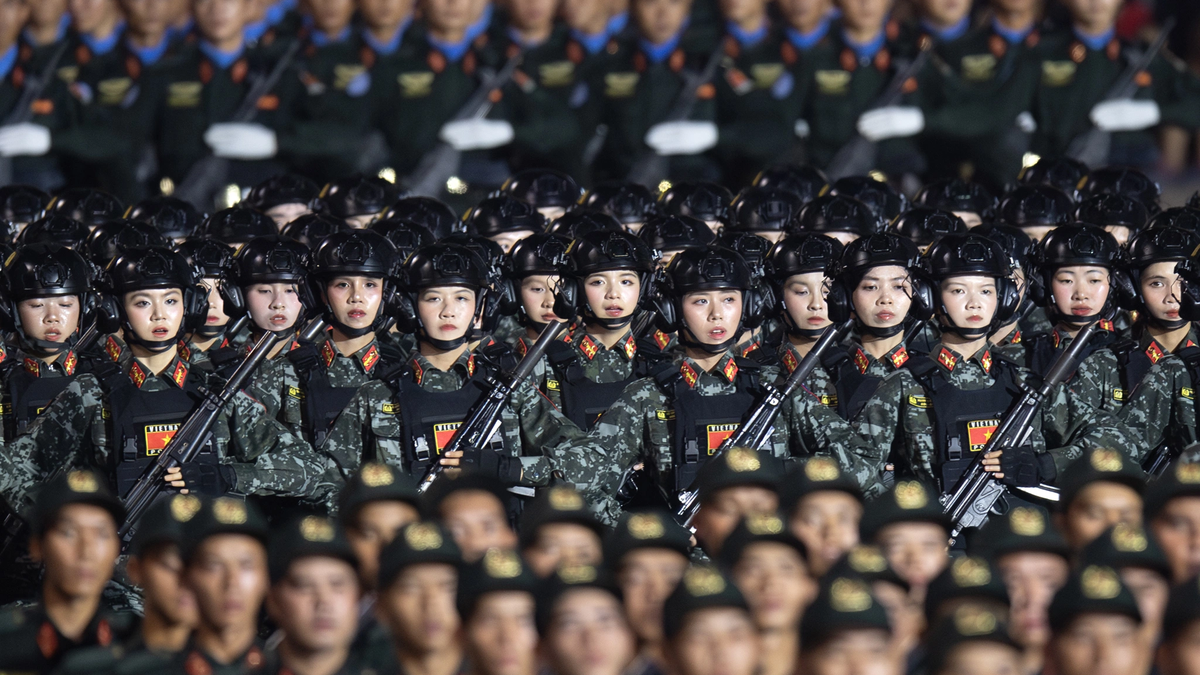
![[Photo] General Secretary To Lam attends the opening ceremony of the National Achievements Exhibition](https://vphoto.vietnam.vn/thumb/1200x675/vietnam/resource/IMAGE/2025/8/28/d371751d37634474bb3d91c6f701be7f)
![[Photo] National Assembly Chairman Tran Thanh Man holds talks with New Zealand Parliament Chairman](https://vphoto.vietnam.vn/thumb/1200x675/vietnam/resource/IMAGE/2025/8/28/c90fcbe09a1d4a028b7623ae366b741d)
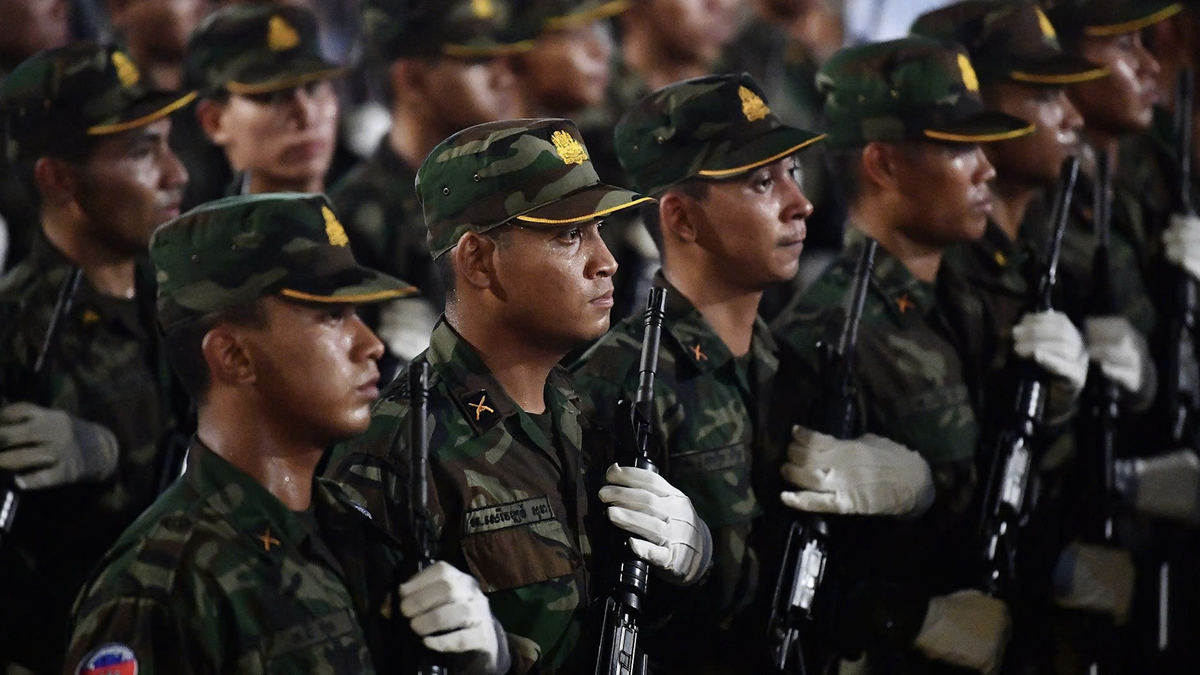

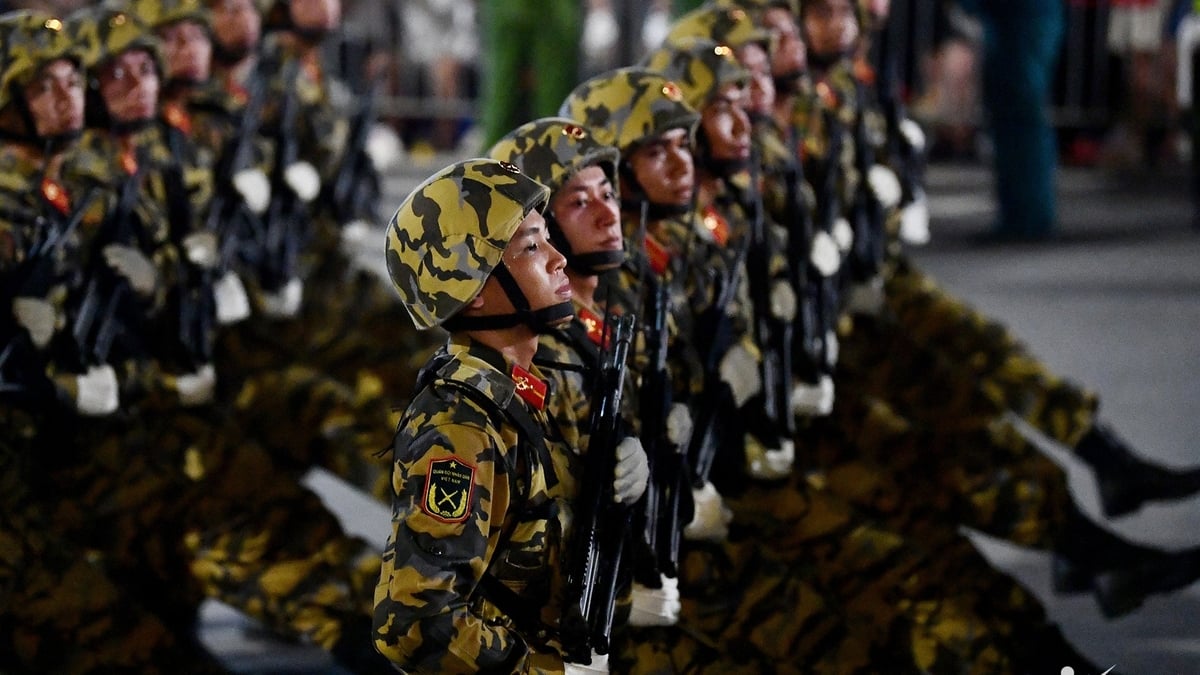


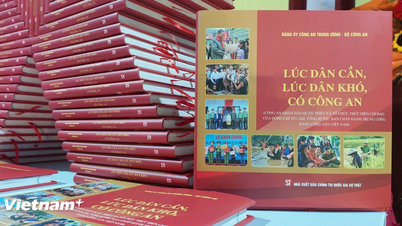




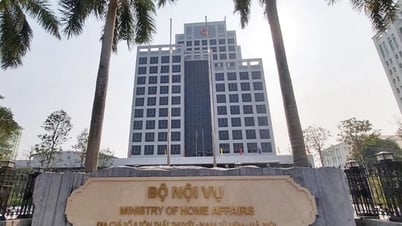











![[Photo] Images of the State-level preliminary rehearsal of the military parade at Ba Dinh Square](https://vphoto.vietnam.vn/thumb/1200x675/vietnam/resource/IMAGE/2025/8/27/807e4479c81f408ca16b916ba381b667)

































































Comment (0)